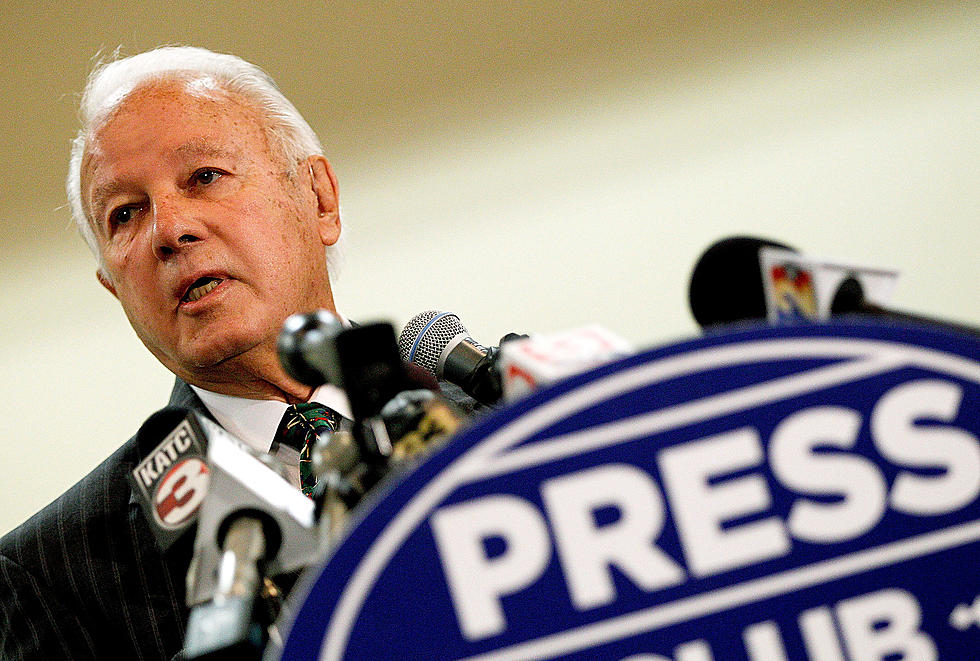
Good at Your Job? Your Co-Workers Probably Hate You for it.
When you are settling on a career, it seems pretty straightforward. Choosing your profession may not be simple, but the way to succeed should be the same in any industry: Work hard, be responsible, show initiative, and you are most likely to rise up in the ranks of your chosen line of work and gain the respect and admiration of co-workers and bosses alike, right? Not exactly.
One of the craziest variables that they don't normally teach in college or trade school is the absolute minefield of office politics. A new study conducted by the University of Guelph points out a massive paradox that might make doing a great job individually at work might lead to less cooperation from your co-workers. That in turn could lead to the business as a whole operating at less than peak performance.
The study, conducted by psychology professor Pat Barclay, revealed that "highly cooperative and generous people" usually gain our respect. These "good guys" are usually the ones who get the most done, or facilitate the most progress in a work environment. However, in a lot of cases - these are the folks who get punished most. The research points out that when there is competition at play, the folks who constantly raise the bar are the biggest targets for workplace ire. Simply put, it's much easier to hate on a person that works so hard and smart it makes you look bad than it is to match (or exceed their performance). This isn't a individual issue either, in most cases - the entire group showed signs of animosity towards the over-achieving member.
According to Barclay,
Being suspicious, jealous or hostile toward those who seem better or nicer or holier than us appears to run deep in the psychological makeup of humans."
This phenomenon hearkens back to the days when people were in the hunting-gathering stage of human development. Evidence points to early humans turning on those who seemed to be better at hunting, making shelter, etc. - and even those who helped others "too much." Anthropologists theorize this was to protect the idea that all within the group were "equal."
More From 96.5 KVKI









